Thermal soil contamination and its impact on climate change
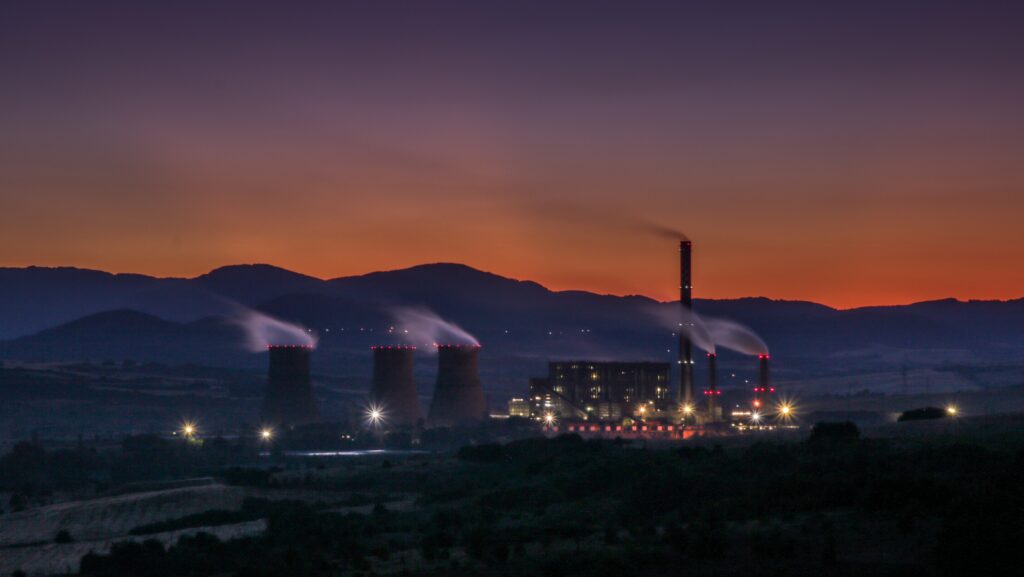
The thermal contamination of the soil could be used, through the heat that leaks into the soil, allowing the possibility of recycling to help heat buildings in cities. The secret to efficiently heating some buildings may be under our feet, due to the heat that humans inadvertently store underground. Just as cities heat the surrounding air, giving rise to urban heat islands, so human infrastructure heats the underlying land.
An analysis of groundwater wells in Europe, parts of North America and Australia revealed that about a couple thousand of those places have excess groundwater heat that could be recycled to heat buildings for a year, researchers say. Even if all this accumulated thermal pollution were to be removed, the existing infrastructure in a quarter would continue to warm the ground, so that heat could be collected for many years.
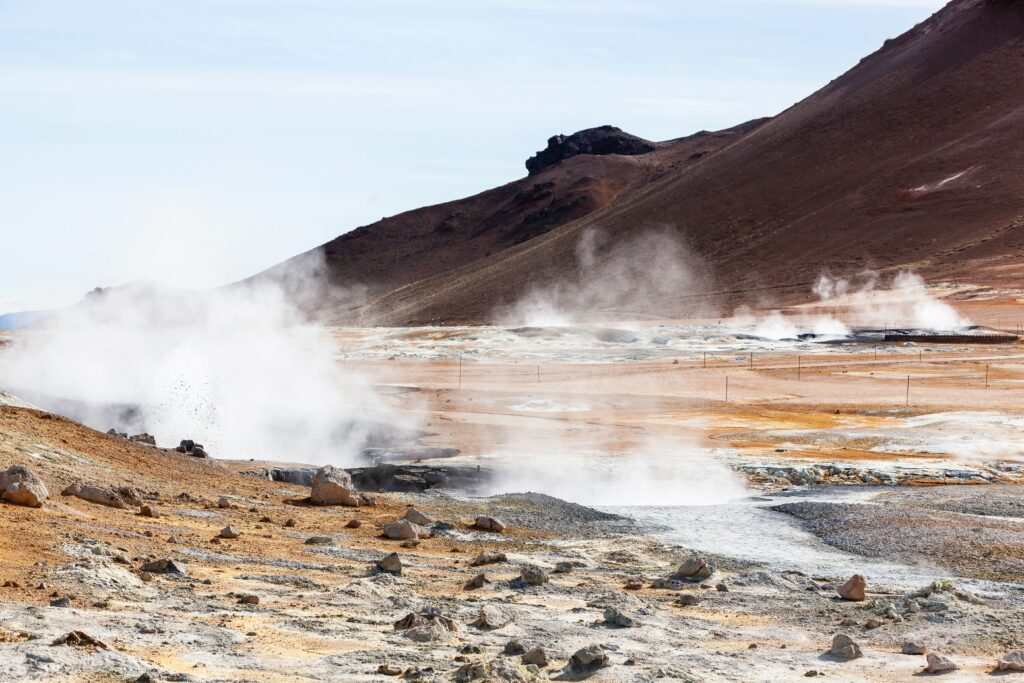
This could reduce dependence on fossil fuels and help mitigate climate change. This work shows the impact that underground heat recycling could have if harnessed on a large scale, heat seeps underground from the warm bases of structures such as buildings, parking lots and tunnels, as well as asphalt, which absorb solar radiation.
Extraction of thermal pollution could be achieved by piping groundwater to heat pumps on the surface. Water, heated underground by all that trapped heat, could warm buildings as it releases heat into their cooler interiors, this would allow harnessing subway heat and provide some communities with a reliable and energy-efficient means of heating their homes.
The study revealed that approximately 43 percent of the locations, mostly near densely populated areas, had accumulated enough heat within 20 meters of soil to meet one year’s local heating demand.
The construction of systems to take advantage of human thermal pollution today could one day help the inhabitants to take advantage of the heat that increases year after year.

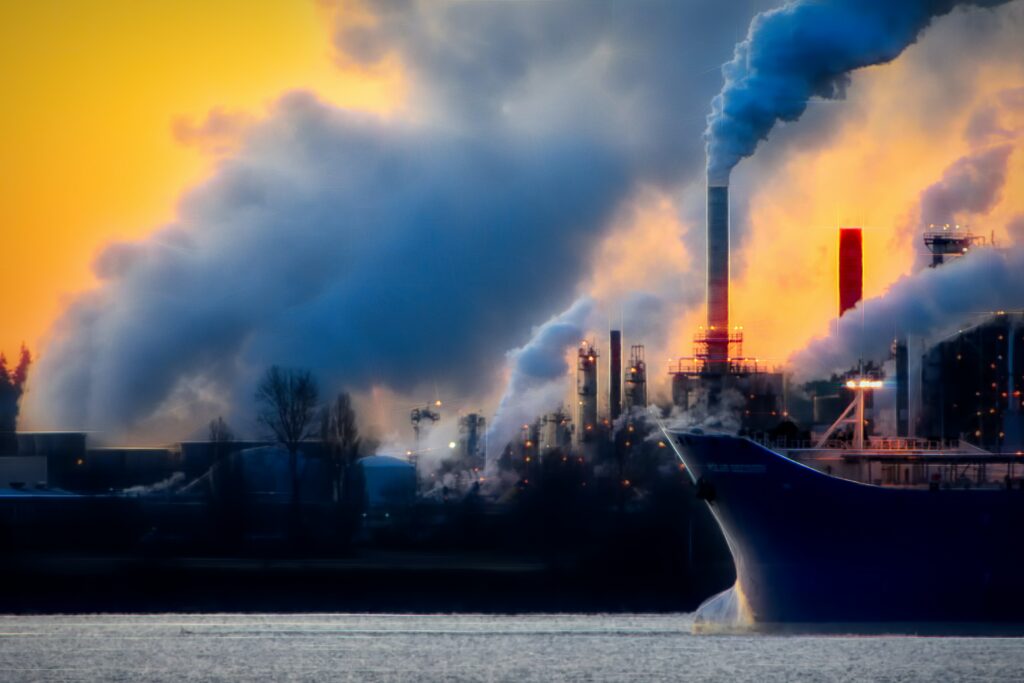
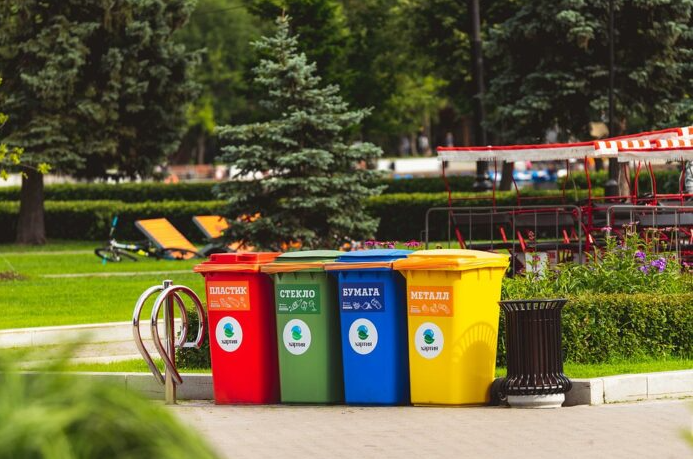
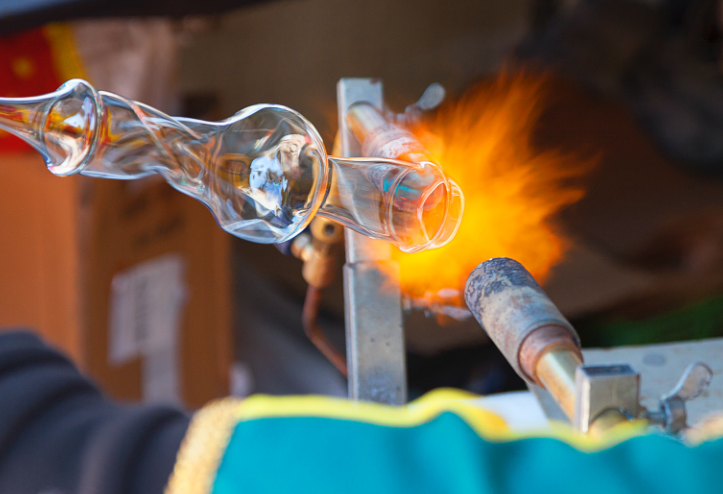
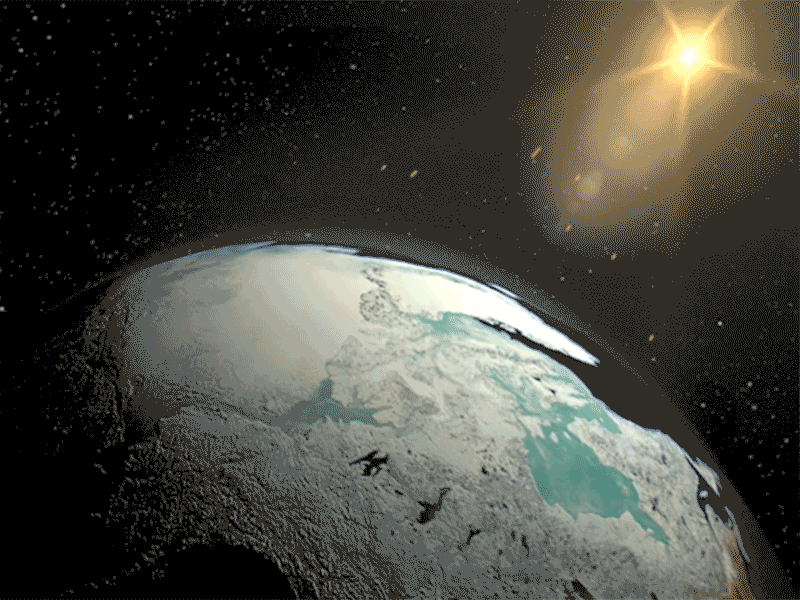
Responses